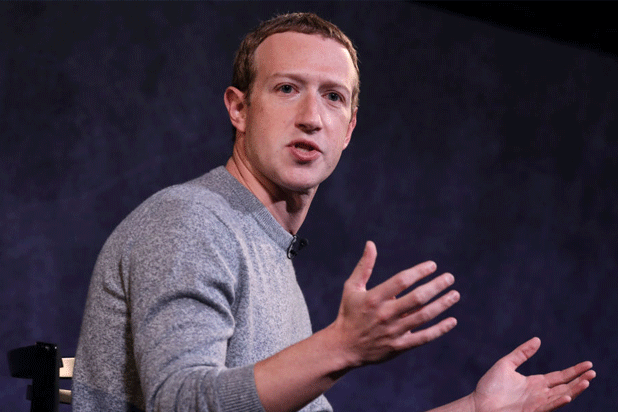“Smaller” media would be able to collectively negotiate easier with tech giants that use their content for free, Rep. Ken Buck told Reuters
Getty Images
A bipartisan group of U.S. Congress members will soon introduce a bill that makes it easier for small news outlets to collectively negotiate with major tech companies like Facebook and Google, Rep. Ken Buck (R-Colorado) told Reuters on Friday.
Buck, a member of the House Judiciary Committee’s antitrust panel, told Reuters the panel “would bring out a series of antitrust bills, and the first one in the coming weeks would allow smaller news organizations” to negotiate collectively with Big Tech. It’s unclear right now which news outlets will fit the “small” designation under the bill.
The bill, Buck added, will be similar to the “Journalism Competition and Preservation Act” introduced in the House in April 2019, which would allow publishers to collectively negotiate with tech companies over their content. That bill has the support of the News Media Alliance and its roughly 2,000 member organizations, but to this point hasn’t gained enough momentum to get across the finish line.
News of the pending bill comes after Facebook and Google have grappled with publishers in Australia recently, where legislation is working its way through parliament that would require tech giants pay media companies for their content. In response, Facebook earlier this week decided to proactively block Aussies from sharing news on the platform, rather than work out a deal to pay publishers.
Google, on the other hand, has struck deals with some publishers in Australia, France and other countries to continue sharing content. Most notably, Google reached a three-year deal with News Corp. on Wednesday that’ll feature stories from outlets like The Wall Street Journal, the New York Post and MarketWatch on Google’s news tab. Terms of the deal were not disclosed, although News Corp. said it’ll receive “significant payments” as part of the agreement.
If the U.S. follows in Australia’s footsteps, it will probably be harder for Facebook to make a similar move to the one it made this week. For one, the U.S. is a bigger market. In addition, millions of Americans rely on Facebook as a primary news source. A 2019 Pew survey found 43% of Americans get their news from Facebook. CEO Mark Zuckerberg and Co. would have to think hard before banning news from being shared in the U.S., if only because it keeps users glued to their screens longer.
Facebook’s stock price was down 2.75% during midday trading on Friday, hitting $262 per share. Google’s stock price, meanwhile, was down about 0.75% to $2,090.51 per share.
For more details on Facebook and Google’s battle with publishers in Australia — and what this could mean in the U.S. — click here.
Source: Read Full Article


